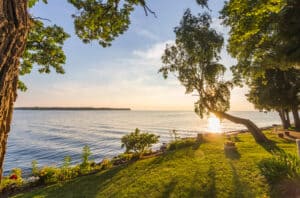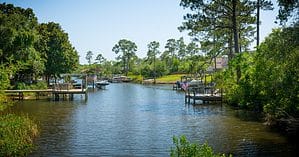Antarctica is a polar continent at the bottom of the planet in the Southern Hemisphere. It is the coldest and driest continent on Earth, and its ice sheet is so large that it makes up 90 percent of all the ice on the globe. Do people live there? Are there cities in Antarctica? Why no humans call the continent home is divulged in detail, along with other interesting facts about Antarctic human habitation.
Are There Any Permanent Homes in Antarctica?
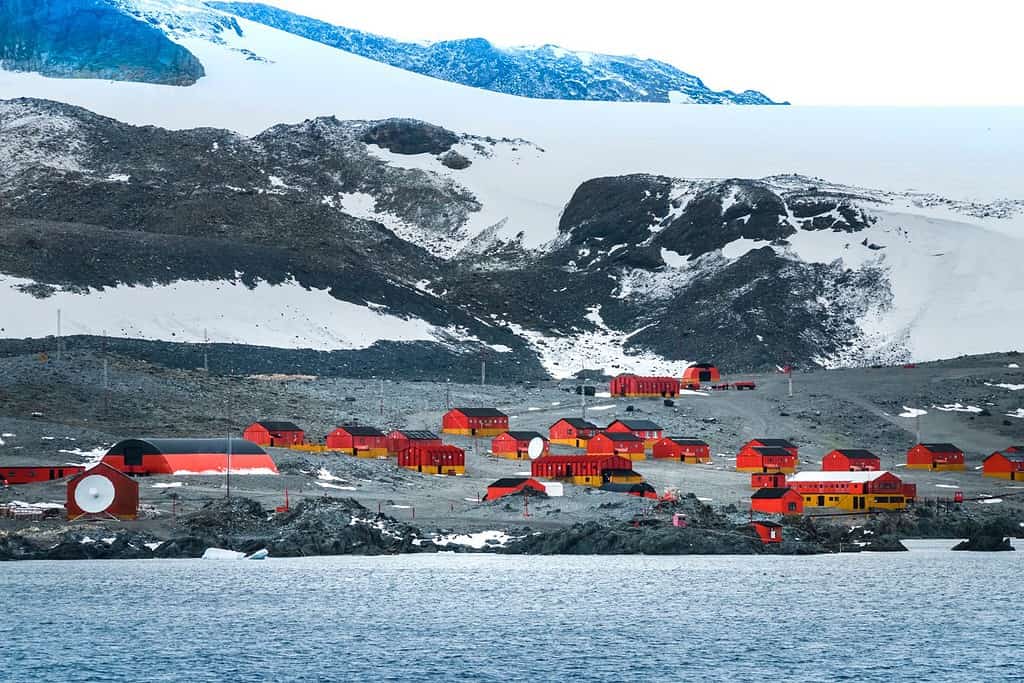
No humans have permanent homes in Antarctica; however, thousands live there temporarily.
©Foto 4440/Shutterstock.com
No, there are no permanent human homes on the entire continent of Antarctica. However, research stations exist, serving as temporary homes for people. Some of the buildings at these stations are permanent structures, but they are not intended to be permanent residential dwellings for inhabitants.
While no people permanently live in Antarctica, at any given time, there are about one thousand to five thousand people temporarily living at research stations on the continent. During the winter, the human population on the continent is around one thousand people. In the summer, as many as five thousand people inhabit the various Antarctic stations. The largest station on the continent is McMurdo Station on Ross Island, which can support about 1200 people at a time.
Are There Cities in Antarctica?
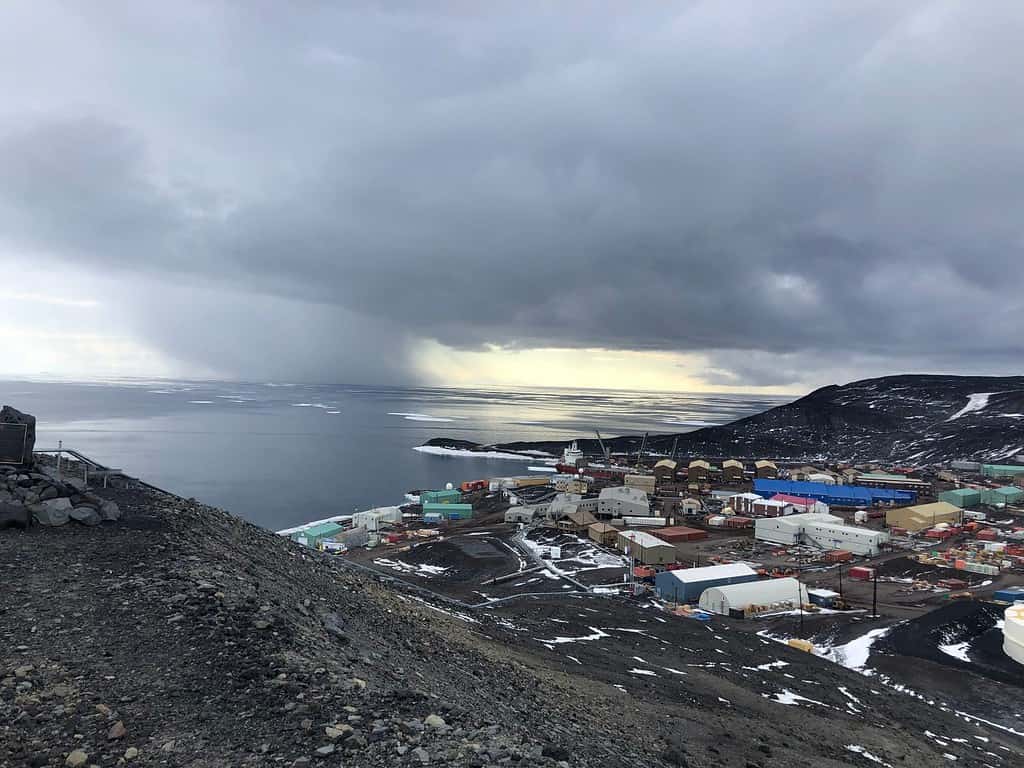
McMurdo Station in Antarctica is the closest thing to a city on the continent.
©RoseySK/Shutterstock.com
No, there are no cities in Antarctica. That’s because the continent is not conducive to city construction. Even if it were possible to build what is needed for a city, there wouldn’t be any way to make it self-sustaining.
McMurdo Station, owned by the United States, is the closest thing to a city in Antarctica, with 80 buildings and the only ATM on the continent. Most of the people at this station are not scientists; they are support personnel keeping the station running. Construction crews, cooks, firefighters, and retail clerks are some of the diverse roles people hold when staying at McMurdo Station.
Why No Humans Call Antarctica Their Permanent Home
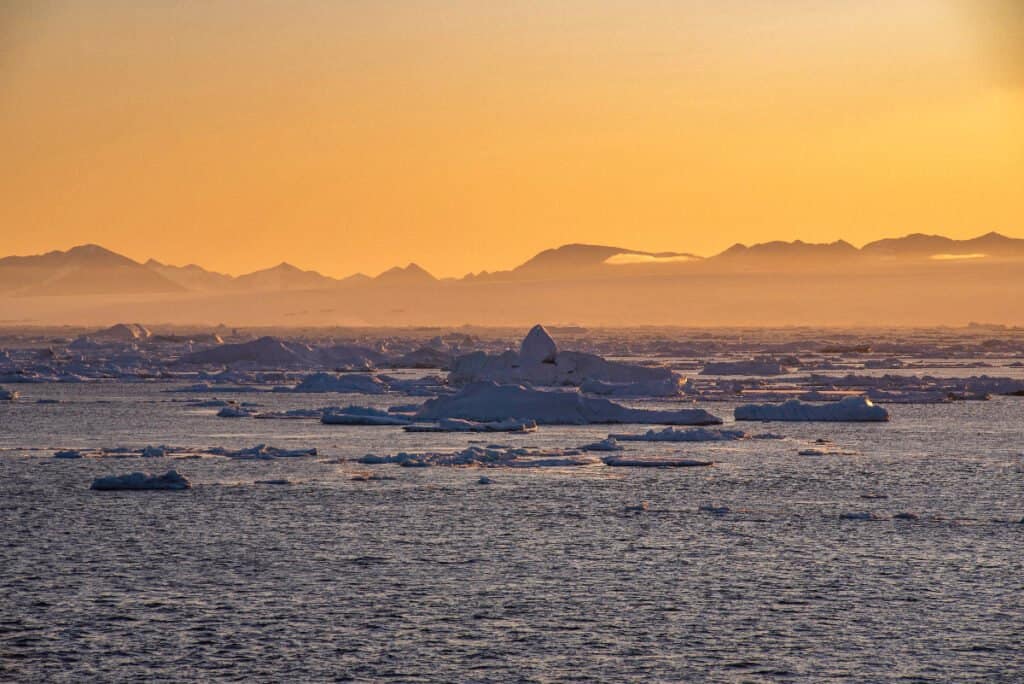
Antarctica does not have permanent settlements because the terrain is challenging to navigate, there aren’t many natural resources, and the weather is terrible.
©Olga Kysliuk/Shutterstock.com
Antarctica has no permanent human inhabitants because it does not have many natural resources. There are no native trees and shrubs in Antarctica, and almost anything needed to create infrastructure needs to be hauled in.
Since Antarctica is so remote, bringing enough stuff to the continent to build a real city would be almost impossible. The terrain is difficult to navigate, and the weather is prohibitively dangerous to people and human-made structures.
In the summer, Antarctica welcomes tens of thousands of tourists who experience the southernmost continent firsthand. However, no hotels exist on the continent, though overnight accommodations are available to a very small handful of vacationers. Most tourists stay on boats and only come to shore for day excursions.
Which Country Owns Antarctica?
No country owns Antarctica. Instead, countries have a claim to small territories where their research stations operate. No specific passport is needed to visit Antarctica. Also, none of the people who live in Antarctica have access to an Antarctic passport.
The Antarctic Treaty states that Antarctica is only open to scientific endeavors and bans all military presence on the continent. It also prevents any country from dumping radioactive material. The treaty was signed in 1959, and today, 54 countries have agreed to the treaty.
Some countries arguably have more influence over Antarctica than others because they contain the gateway cities to the continent. This means most human traffic and freight arriving in Antarctica is coordinated through these locales. These cities are Ushuaia in Argentina, Capetown in South Africa, Christchurch in New Zealand, Punta Arenas in Chile, and Hobart in Australia.
Are there Indigenous People from Antarctica?
No, there are no indigenous Antarticans. Long before the evolution of humanoids, Antarctica broke away from the supercontinent called Gondwanaland. This means that the ancestors of Homo sapiens did not have access to Antarctica and did not have an early opportunity to colonize it.
Even though there are no true Antarctic indigenous communities, non-Westerners traveled to the continent before modern explorers. Groups like the Maori from New Zealand traversed the ocean and made it to the continent well before the arrival of white surveyors.
Have Humans Been Born in Antarctica?
Yes, a few humans have been born in Antarctica. Less than a dozen babies have taken their first breaths on the continent. Since none of these infants passed away, Antarctica has an infant mortality rate of zero percent.
Emilio Marcos Palma is the first human born in Antarctica. He was born at Base Esperanza on the Antarctic Peninsula, which was controlled by Argentina, on January 7, 1978. Argentina granted him immediate citizenship because both of his parents were Argentinians.
The photo featured at the top of this post is © robert mcgillivray/Shutterstock.com
Thank you for reading! Have some feedback for us? Contact the AZ Animals editorial team.




